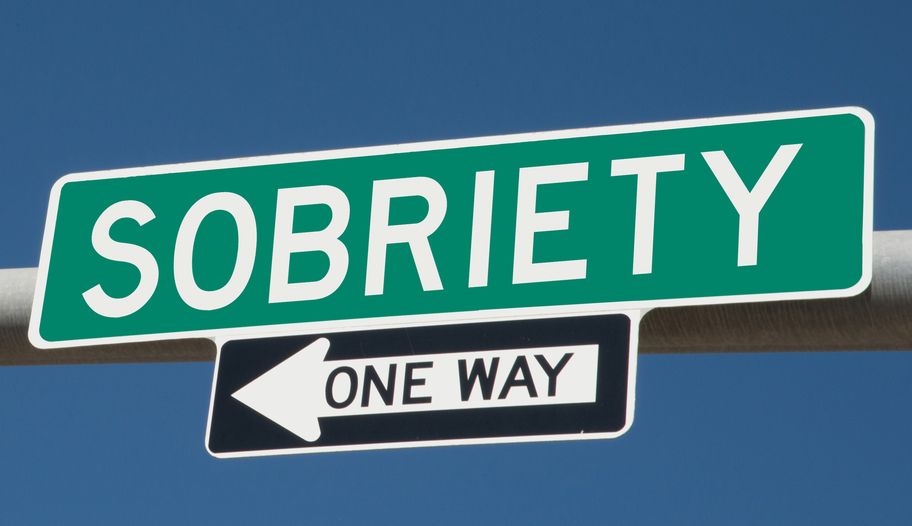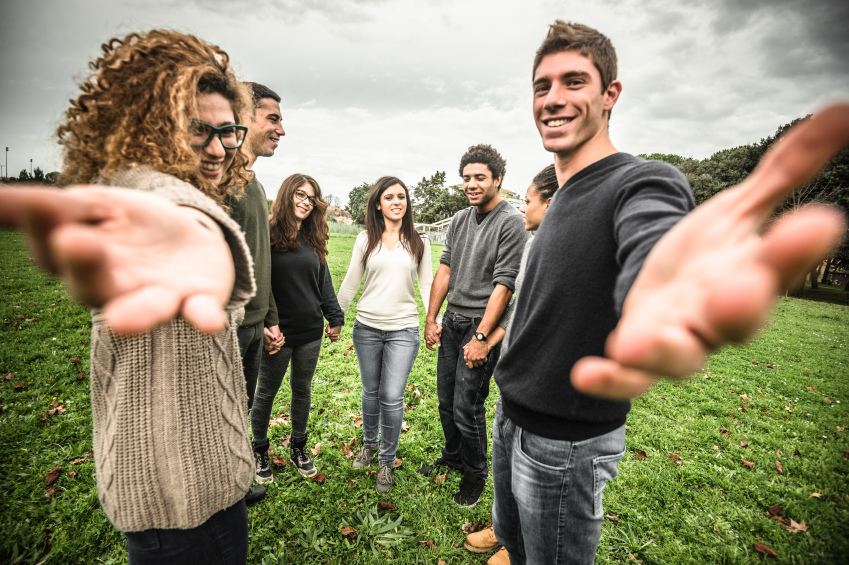
When a person struggles with an addiction, their brain rewires what it means to be motivated and happy. Drugs can change our reward system, make us think and feel different, and ultimately make the path to sobriety extremely difficult.
But it’s not impossible. Now more than ever, modern medicine and psychiatry have combined to create multiple different effective treatment methods for addiction. There is no one-size-fits-all – instead, there are dozens of therapy and treatment types, applicable for different circumstances, and for different goals.
Yet the treatment can’t do all the work for us. Addiction treatment at the end of the day is still just a curriculum, and it’s up to each individual student to put in the work to graduate. The first step is accepting your problem and recognizing the need to fight against it. The second step is choosing to fight, against all odds. From there, each path changes – but every path is filled with challenges, temptations, fears, and anxieties.
To overcome addiction and maintain sobriety, you must overcome each challenge. And knowing what you’re likely to face can help you prepare.
The Fear Of Relapse
Relapse itself is a challenge, but it’s the fear of relapse that might present an even bigger problem for most people in early recovery. No one said the path to sobriety was going to be easy, but the fear of making even a single, simple mistake builds up this incredible tension that finally explodes in painful regret and shame.
While relapsing is by no means a picnic and signifies that something has gone wrong in the recovery process, it should not be something so devastating that it sets you back several months’ worth of progress. A relapse is a mistake, but the damage it does is often due to the fear we have of relapsing, rather than the relapse itself.
By instead treating it as a teaching moment, to learn from and understand its trigger, and thus better prepare yourself in the future so that it won’t happen again, you can be more calm and secure about taking the path to sobriety rather than feeling anxious of its perceived frailty.
The Temptation Of Drug Use
Drug cravings are common while you’re still addicted – but even after treatment, cravings can develop all throughout the early recovery period, tempting you especially in moments of great stress or overwhelming emotion. Additionally, returning to everyday life after treatment can bring back many memories associated with drug use, making the temptations grow stronger.
For the first few months on the path to sobriety, dealing with these temptations and cravings can be torturous.
The Fear Of Being Different
There is more to addiction than simply using too much of a certain drug. Sometimes, drugs like alcohol are part of everyday life or work culture. Resisting the urge to drink on a social occasion and refusing drinks when they are explicitly offered to you can be difficult. But part of the urge to drink comes from the sheer pressure to conform and be like everyone else at the party.
Be different. And embrace that uniqueness. Dare to be yourself, and uphold the sober you by drinking coffee, or ordering a virgin drink. Keep yourself from being asked awkward questions or offered drinks by always making sure you have something to sip on and assert your sobriety and ignore those who might ridicule it – because in the back of your mind, you know it’s good for you and those around you. Remind yourself of embarrassing and painful memories, rather than thoughts of how easy it would be to get yourself a drink.
Declining Social Events
Similar to the peer pressure at work or at parties when being offered something you don’t want, learn how to say no to social occasions when you don’t have the energy for them and feel the urge to drink arise as a way to cope with the stress of being around people. Sometimes, we use alcohol or other drugs to bring out our extroverted side and suppress the introvert.
Embrace the introvert instead. Go out when you want to go out and be adamant about spending your free time alone or in the comforts of your own home when you feel like you don’t have the motivation to be with others while sober. Don’t let others dictate who you should be, or what you should be like, and don’t let them rob you of your comforts as you work to maintain everything you’ve gained on the path to sobriety.
Quitting Old Friendships On The Path To Sobriety
One of the biggest challenges in early on the path to sobriety is fighting against the common temptations faced by most fresh out of a treatment program. Many of these can be spontaneous, but they are often triggered by memories, caused by sights, smells and sounds.
Friends can be a powerful trigger for drug cravings, especially if they refuse to accept or respect your sobriety or continue using around you. If so, it’s critical to cut them off and end those relationships for your own good. And most of the time, that can be a very hard thing to do.
Making Sober Friends
Just as it is important to cut off old friends who hurt your efforts of staying sober, it’s important to make new friends you can support you and keep you sane throughout your sobriety. Yet overcoming your fears and potential trust issues enough to open to others and let them in on your recovery can be difficult. Nevertheless, it’s a critical step towards long-term sobriety, both for you and for them.
Everyone’s perception and struggles with addiction are different, and there is guarantee that you’ll encounter any or most of these challenges. And there may be challenges that cannot be accurately described or summarized in a single article. Sometimes, life hits you with a curveball you can’t be prepared for – and it’s then when everything you learned in addiction treatment becomes extremely valuable.
Living is hard, not because the day-to-day breaks us, but because it’s the little accumulative stresses and giant gut-punches that wear down our defenses. By staying together, finding people you can support and be supported by, and by sticking to your own inner lessons on recovery and sobriety, you can keep your defenses strong even against the greatest challenges and tragedies.
Think of it as a dance. If you trip, then you tripped. And all you must do is get back up. And next time, it gets a little easier to see that tricky spot as it comes towards you, and you can prepare for it. If you don’t give up and trust in yourself and those around you, your path to sobriety is a sure one, no matter how long it might be.









